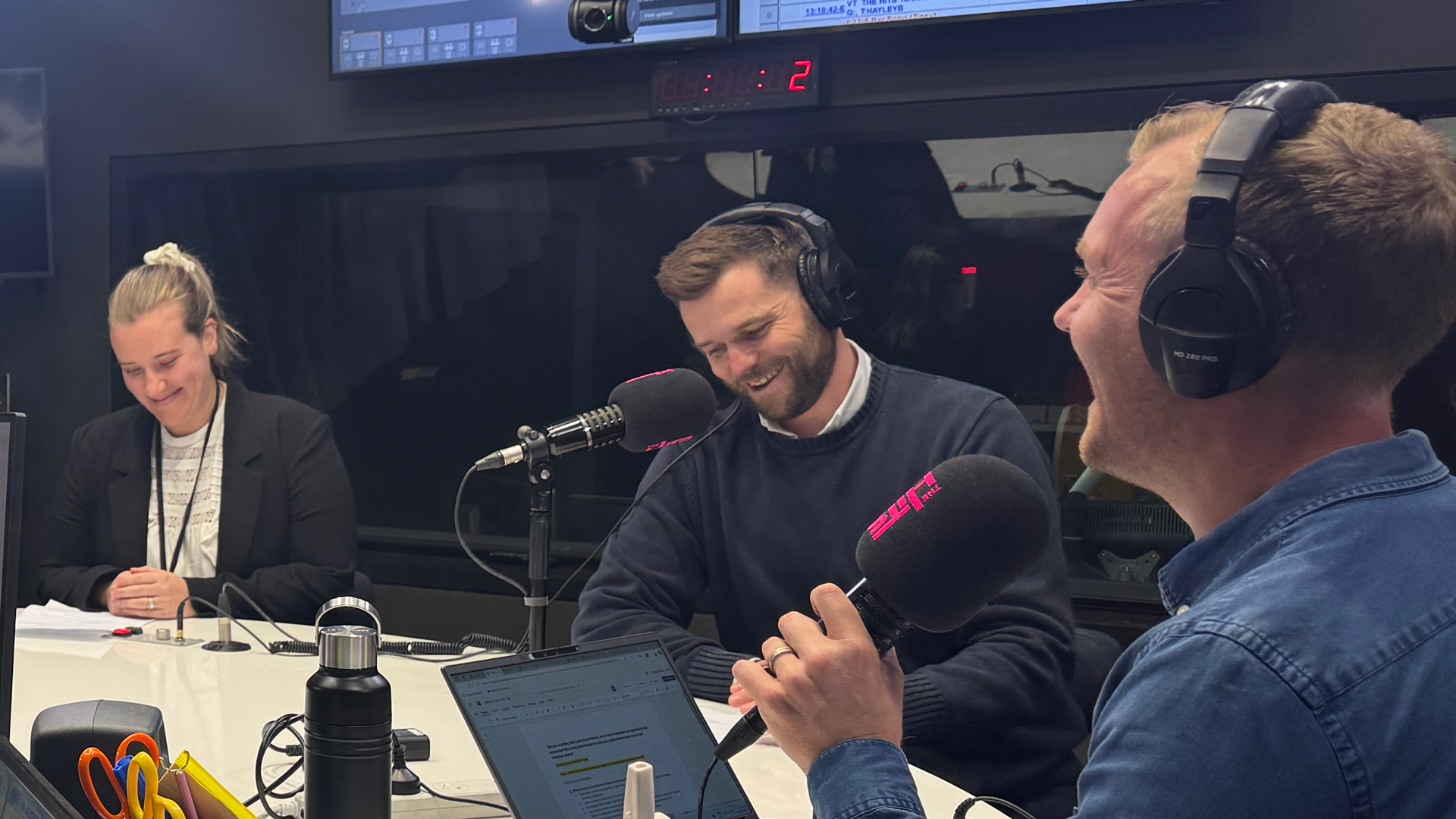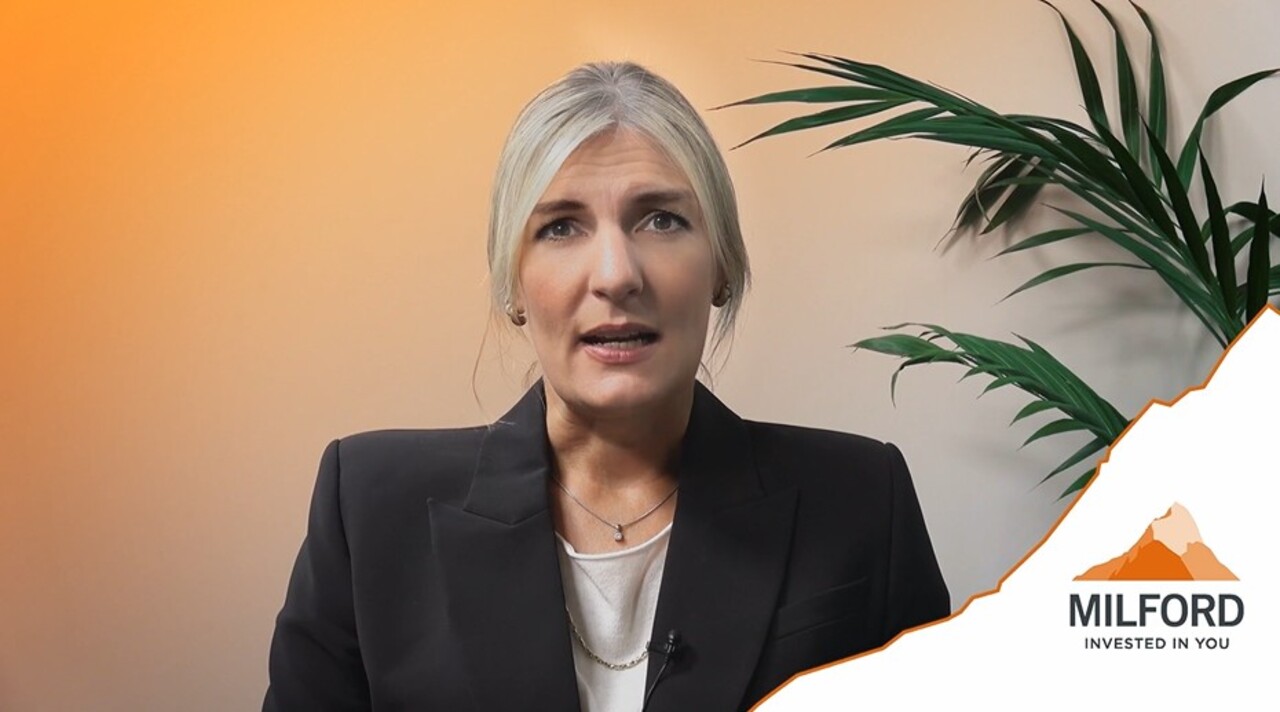


The gift of calm – December saw most Milford Funds post small gains as share markets were flat to slightly higher on the month

Aspen owns, develops and operates residential properties, land lease communities, and holiday parks across Australia

